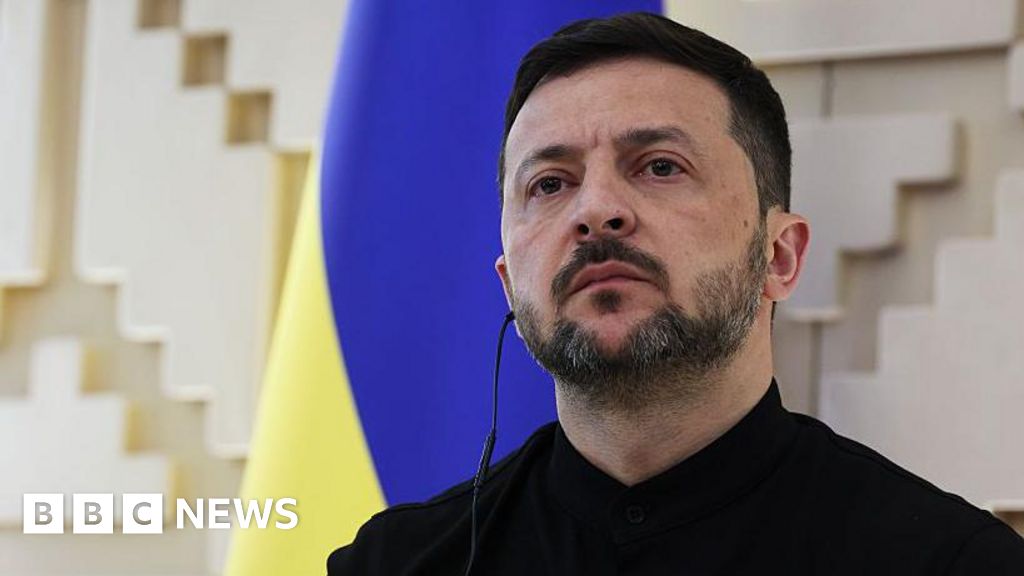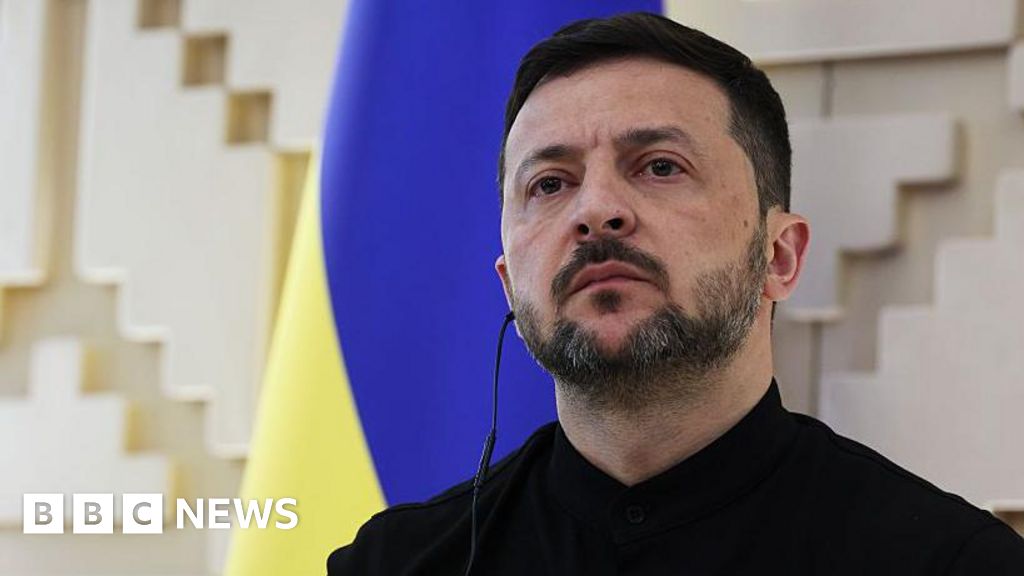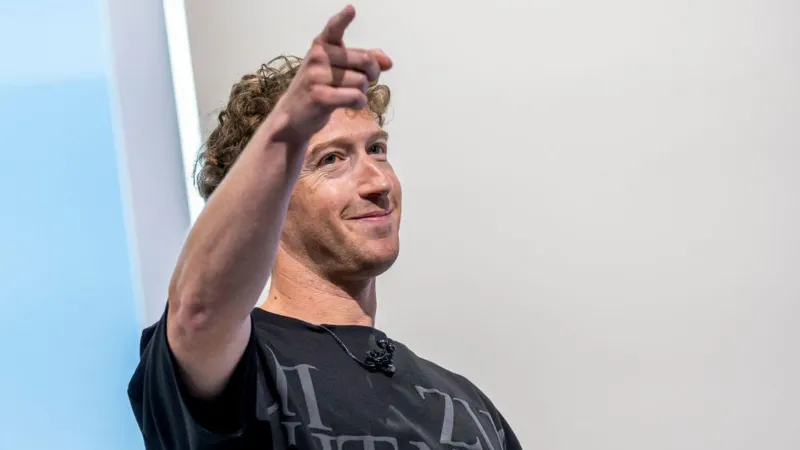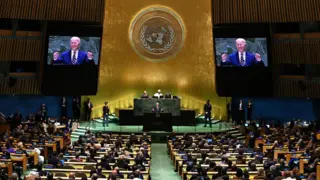
Talks in Geneva between the US and Ukraine aimed at ending the war with Russia have concluded, with officials from both sides reporting “progress” and an intention to continue working.
However, no details have emerged on how to bridge the considerable divide between Moscow and Kyiv over territorial issues and security guarantees for Ukraine.
Ukraine’s president Volodymyr Zelensky welcomed the “important steps” that had been made but warned that the “main problem” facing the peace talks was Vladimir Putin’s demand for legal recognition of Russian-occupied territories in eastern Ukraine.
“This would break the principle of territorial integrity and sovereignty,” he said, highlighting concerns that Moscow could be rewarded for its aggression with land it seized by force.
Meanwhile, President Donald Trump suggested on social media that “something good just may be happening”, but with the caveat: “Don’t believe it until you see it.”
The Geneva talks did not involve Russian representatives and the Kremlin said it hadn’t received any information on the outcome of the discussions. Spokesman Dmitri Peskov noted Moscow was aware that “adjustments” were made to the plan that had been welcomed by Putin.
A 28-point peace plan drafted by US and Russian officials was presented to Ukraine last week. Several of its elements seemed heavily geared towards Moscow’s longstanding demands, sparking consternation in Kyiv and its European allies.
Comments by Trump which suggested Ukraine had until Thursday to accept the deal or face serious cuts in US support contributed to creating a sense of urgency across Europe and talks between Ukraine and US officials were hastily convened.
By Sunday evening US Secretary of State Marco Rubio said a “tremendous” amount of progress had been made at the talks. “I honestly believe we’ll get there,” he said.
But some European leaders have been more cautious. “I am not sure if we are closer to peace,” Polish Prime Minister Donald Tusk said, while German Chancellor Friedrich Merz said discussions would be a “lengthy, long-lasting process” and that he did not expect any breakthroughs this week.
Europeans were left scrambling for a seat at the table last week, after they were seemingly caught unawares when the US draft peace plan was presented.
A counter-proposal – reportedly drafted by Britain, France and Germany – excluded any recognition of Russian-held regions, raised Ukraine’s allowed army size and left the door open to Ukraine joining Nato.
Rubio said he was not aware of the plan and on Monday Kremlin foreign policy aide Yuri Ushakov rubbished it as “completely unconstructive”.
Since launching its full-scale invasion of Ukraine in 2022, Russia has consistently demanded full Ukrainian withdrawal from the whole of the eastern Donbas region.
But Kyiv and its European partners are weary of any settlement which would jeopardise the principles of territorial integrity and sovereignty – and Zelensky has repeatedly warned that giving up the Donbas would leave Ukraine vulnerable to Russian attacks in the future.
Despite last week’s frenzied diplomacy the next steps in the process are unclear.
The expectation is that Zelensky will soon personally speak to Trump, after which a new draft peace plan will be eventually presented to Moscow. There were no plans for a meeting this week between Russian and US negotiators, the Kremlin said.
British Prime Minister Sir Keir Starmer said there was still work to do for a “just and lasting peace” in Ukraine. A virtual “coalition of the willing” meeting will take place on Tuesday to discuss developments, he added.



